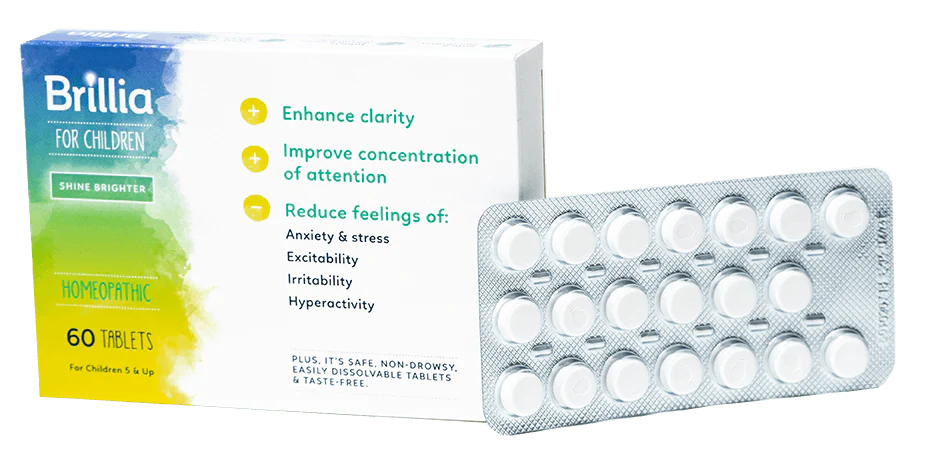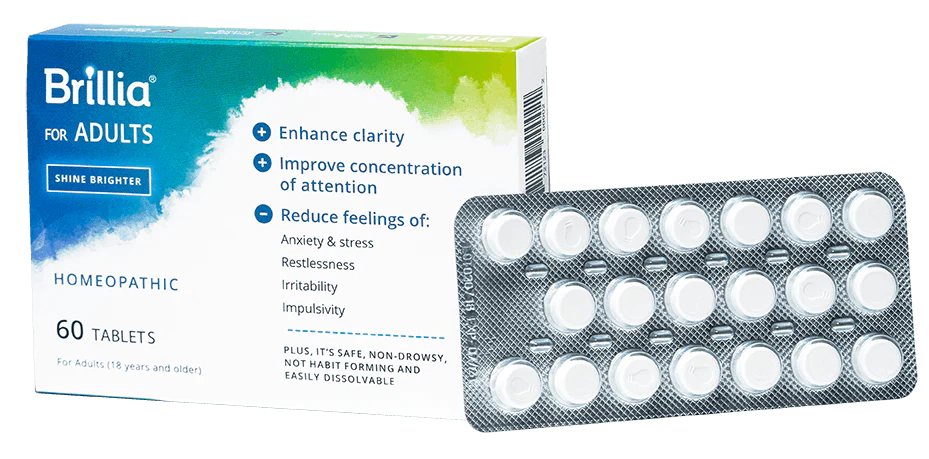The CDC has reported a “steep decline in mental health” of young people due to the COVID-19 pandemic, with 4 in 10 teens reporting that they feel “persistently sad or hopeless,” and 1 in 5 saying they have contemplated suicide.1 For these reasons, the American Academy of Pediatrics declared a national emergency in child and adolescent mental health, saying that its members were caring for young people with “soaring rates of depression, anxiety, trauma, loneliness, and suicidality that will have lasting impacts on them, their families, and their communities.”2
If you have a teen in your life, read on to learn how mental health issues have increased during the pandemic, why teens had an especially difficult time, how household stressors have contributed, and how to recognize cries for help.
How Mental Health Issues Increased During the Pandemic
Teens aren’t the only ones having a hard time during the pandemic. In the first year alone, global prevalence of anxiety and depression increased by a massive 25 percent, according to a scientific brief released by the World Health Organization (WHO).3 Contributing reasons for this rise include:
- Stress caused by social isolation
- Constraints on ability to seek work
- Distance from loved ones
- Inability to engage with community
- Increased alcohol consumption
- Sleep disruptions
- Cognitive changes due to COVID-19 infection
Why Teens Had an Especially Difficult Time
Though younger people are generally less vulnerable to severe symptoms of COVID-19, the pandemic has still affected their lives in significant ways. According to experts at John Hopkins University, social distancing and the interruption of typical school routines can be especially challenging for adolescents and teens.4 School closures result in extended time at home with family members and loss of connection with friends and peers. According to Beth Marshall, associate director of the Johns Hopkins Center for Adolescent Health and an assistant scientist at the Bloomberg School of Public Health, “Two of the developmental tasks of adolescence are to develop social skills and empathy and a sense of identity. Both of these tasks happen through interactions with peers.” When these interactions are cut off, it can have an intense emotional impact on young people.
Teens also thrive on routine and predictability, so unexpected lockdowns and school closures have resulted in young people feeling unstable, less productive, and insecure. Evidence shows that when a young person senses their attachment figures or institutions (like school) are insecure or inconsistent, it can compromise the development of a stable mental foundation.5
Household Stressors’ Contribution
School isn’t the only place where routines are important. Household routines are just as crucial in helping your teen feel secure, but they may have also been disrupted due to the unpredictability of the pandemic. Some other ways household stress may affect your teen’s well-being include:
- Stress or anxiety felt by parents; including marital fights and financial worries
- Fear for their own safety and the safety of their loved ones
- Grief over lost loved ones
- Being exposed to mental health issues and substance abuse at home
- Adults’ decisions to withhold information about the pandemic in an attempt to shield their children
- Excessive screen time
- Poor nutrition
- Reduced outside physical activity
Shine Brighter
Recognizing Cries for Help
Recognizing your teen’s cries for help is important in getting them the help they need. Some red flags to look out for include:
- Comments about how they might hurt themselves
- Dramatic shifts in mood
- Increased tearfulness
- Constant irritability
- Loss of appetite or overeating
- Lashing out
- Trouble falling asleep or oversleeping
- Unwillingness to get out of bed or leave room
- Consistent headaches and stomachaches
- Difficulties with attention or concentration
- Substance abuse
How Brillia Can Aid the Mental Health Battle
Brillia is a non-prescription homeopathic medication that consists of antibodies to the brain-specific S100B protein, a key regulator of mood. Gentle and impactful, Brillia reduces symptoms like anxiety, irritability, restlessness, and mood regulation by targeting and binding to this specific protein and stopping it from instigating symptoms altogether. This is achieved without any harsh, synthetic chemicals or harmful side effects. Brillia is so targeted that it can be added to your teen’s regimen anytime, even if they are already taking another medication or supplement because there are no contraindications.
Besides its novel active ingredients, another thing that makes Brillia unique is its holistic approach. Having investigated numerous studies on teen anxiety and attention issues, we’ve come up with what is called the 5-Pillar methodology, which consists of healthy lifestyle factors that help to maximize Brillia’s success. These include following a healthy diet, getting adequate sleep, controlling screen time, and practicing mindfulness and relaxation techniques.
At the Brillia blog you can find even more resources on how to support your teen at home, including:
- Internet safety tips for teens
- How to help your teen cope with PMS anxiety
- DIY projects for teens with anxiety
- Healthy snack ideas for teens
- How to teach your kids positive self-talk
Learn more about how Brillia works for teens.
We’ll share helpful tips, the latest studies and personal experiences.







